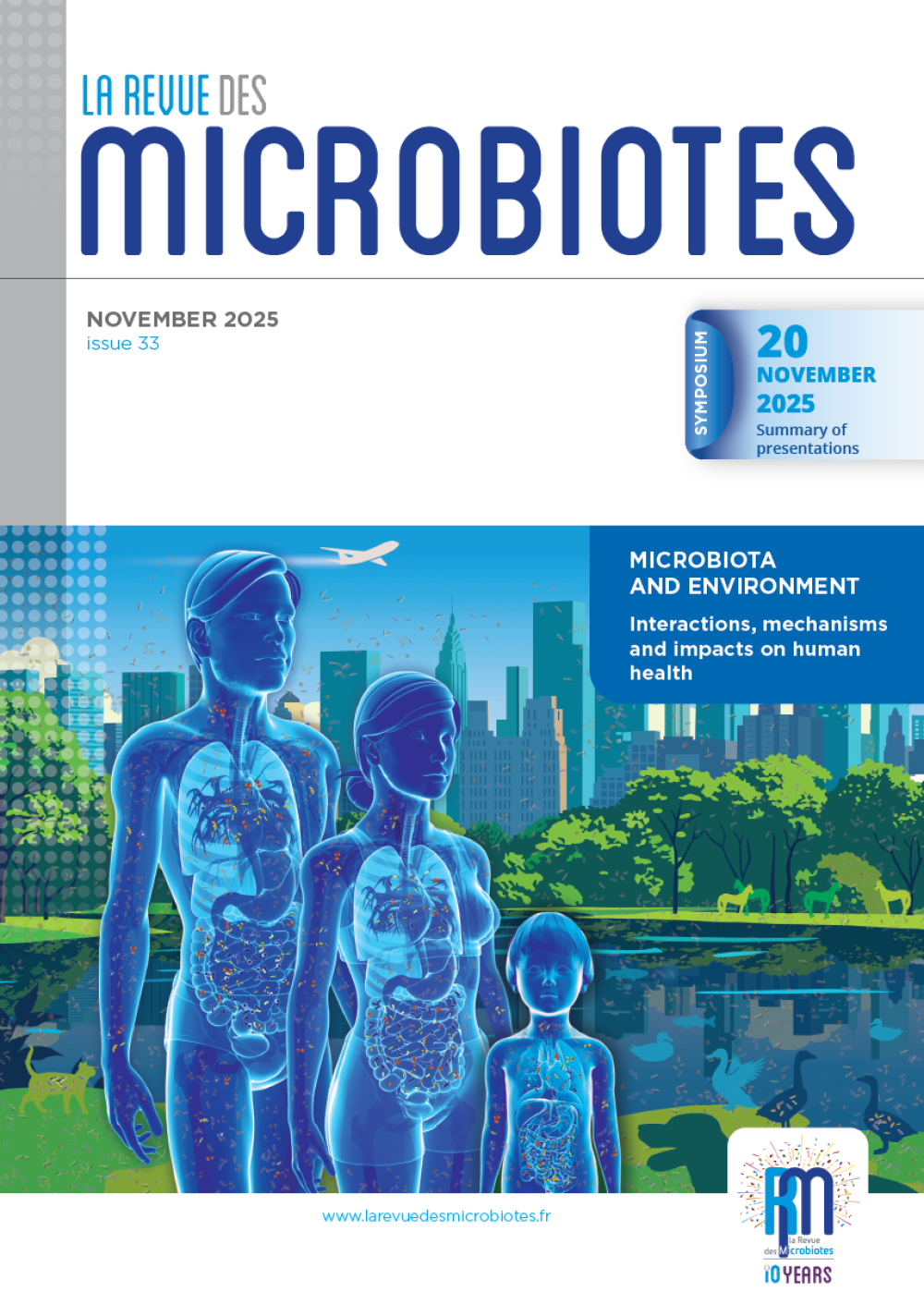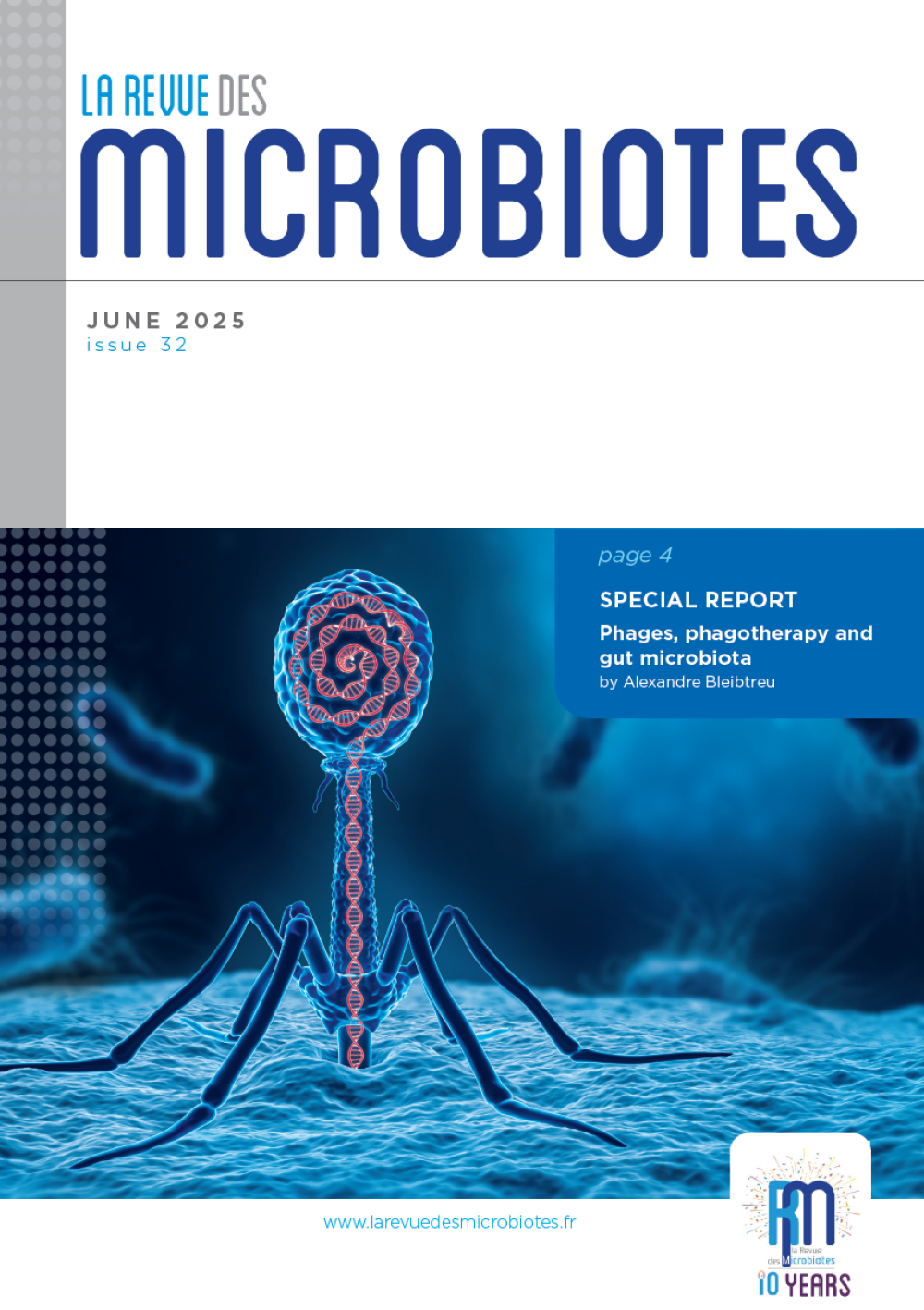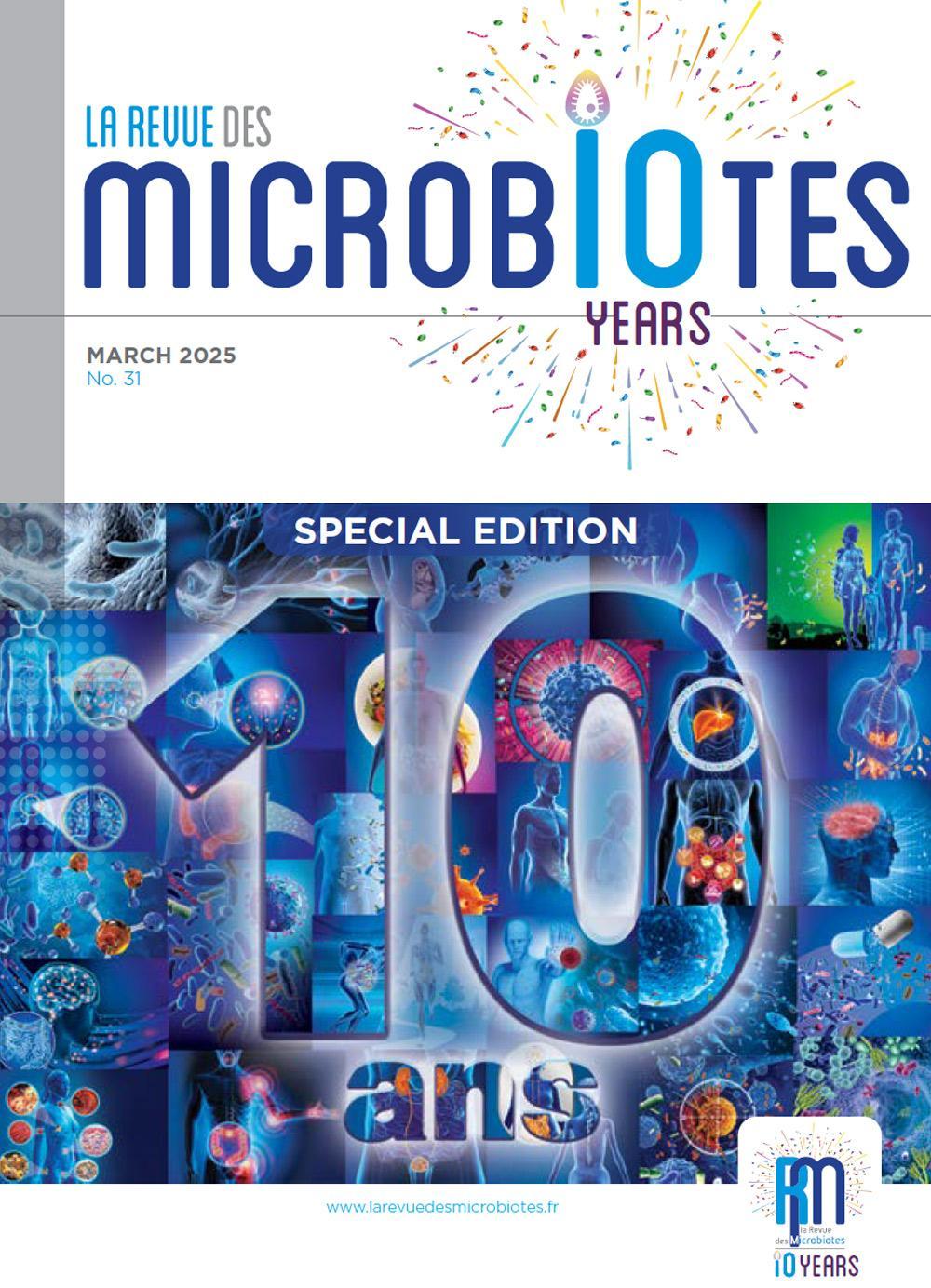The relationships between a host and their microbiota are associated with human diseases. Metabolic, cardiovascular, neurological, intestinal, pneumological and psychiatric diseases and cancers have all been associated with variations in gut microbiota, changes in the intestinal barrier and changes in bacterial translocation, whether this concerns the passage of live bacteria, fragments or bacterial metabolites.
Recent publications by French and American teams in the field of cancer immunotherapy have established association and causal links between the response to these innovative treatments and the microorganisms present in the intestine. They are paving the way to greater personalisation of oncology treatments and new treatment strategies based on control of the host-microbiota relationship.
In this regard we would like to thank Professor Franck Carbonnel from Kremlin-Bicêtre and Doctor Patricia Lepage from the INRA for agreeing to contribute to this issue and share their experience in this field. Their work is opening up new perspectives, as the variety of diet-, ageand geography-related gut microbiota is coming to represent a strong incentive for the invention of personalised medicine for the microbiota.












